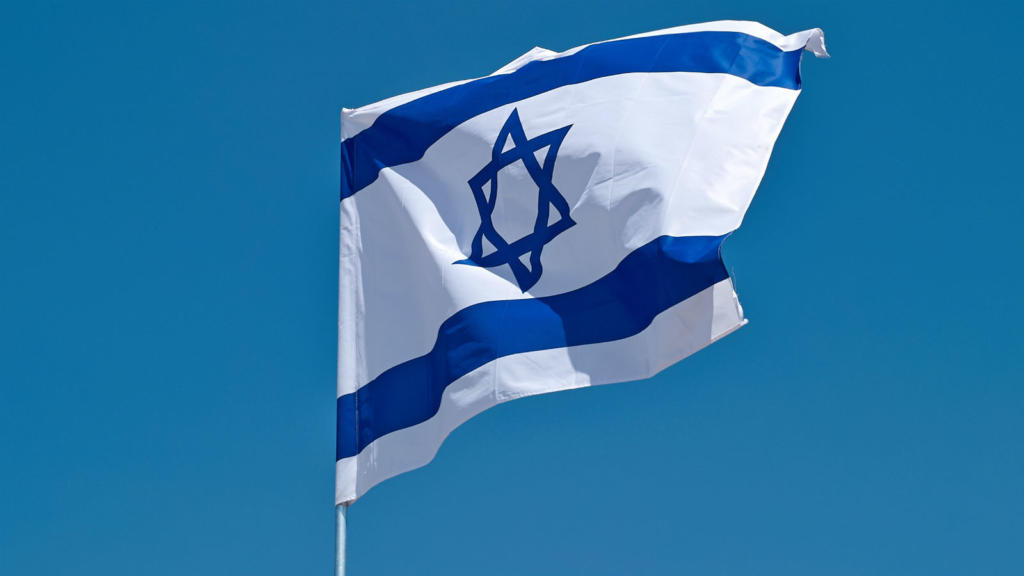On Wednesday, Israel issued a stern warning of retaliation following an intense missile attack launched by Iran, which included approximately 200 missiles aimed at Israeli territory. The assault was notable for the first deployment of hypersonic weapons, demonstrating a significant escalation in military capabilities from Iran’s Revolutionary Guards. Israeli defense systems reportedly intercepted most of the incoming missiles, and Israeli Prime Minister Benjamin Netanyahu committed to punishing Iran for this aggression. This incident unfolded in the backdrop of recent heightened tensions in the region, particularly related to increased hostilities in Lebanon and Gaza.
The Iranian offensive reportedly came as retaliation for the death of prominent leaders from both Hezbollah and Hamas, attributed to Israeli actions. Iranian officials claimed the attack would halt if Israel refrained from further provocations. Despite the interception of many missiles, the attack still resulted in injuries on the Israeli side, and collateral damage in Palestine was reported, where one individual died due to falling debris. This marked Iran’s second direct assault on Israel amidst an ongoing cycle of violence, following a similar attack earlier in the year that was linked to Israel’s airstrikes in Syria.
Amidst this chaotic backdrop, U.S. officials publicly supported Israel’s right to defend itself, condemning Iran’s actions as an “outrageous act of aggression.” President Joe Biden vowed to coordinate with Israeli leadership to determine a suitable response to Iran’s missile assault, indicating the seriousness of the situation. Furthermore, U.S. Defense Secretary Lloyd Austin and National Security Advisor Jake Sullivan echoed calls for severe repercussions against Iran, highlighting America’s commitment to Israel’s defense amidst this rising regional tension.
As tensions escalated, Israeli military responses included airstrikes targeting Hezbollah positions in Beirut, signaling a shift towards a more aggressive military posture in light of the missile attack. Israeli military officials asserted their commitment to dismantle threats from Hezbollah, aiming to restore stability in northern Israel where residents have faced considerable disruption from ongoing cross-border skirmishes. The Israeli government also took precautionary measures by closing airspace over several neighboring countries to prevent further escalation, reflecting deep concerns over regional security.
In the wider context of the Middle Eastern conflict, the humanitarian toll has been staggering, particularly for civilians caught in the crossfire. Reports from Gaza indicated that recent bombings by Israeli forces have led to significant casualties, adding to already high death tolls from previous military offensives. The violence in Lebanon has also resulted in substantial losses, with local officials estimating over 1,000 casualties since mid-September. The international community, led by UN Secretary-General Antonio Guterres, has called for immediate ceasefire measures to curb the escalating violence, emphasizing the urgent need to restore peace in an already volatile region.
The war’s toll on civilians has been devastating, as thousands have been displaced, particularly in Lebanon, where Prime Minister Najib Mikati indicated that the displacement could reach up to a million people. Personal stories from those affected reveal the deep scars of war; displaced individuals lament their losses while attempting to form a sense of solidarity amidst the anguish. Their experiences highlight the human dimension of conflicts, starkly contrasting with the political maneuvers of nations engaged in armed conflict, further complicating the pursuit of long-term peace in an area already plagued by instability and strife.














